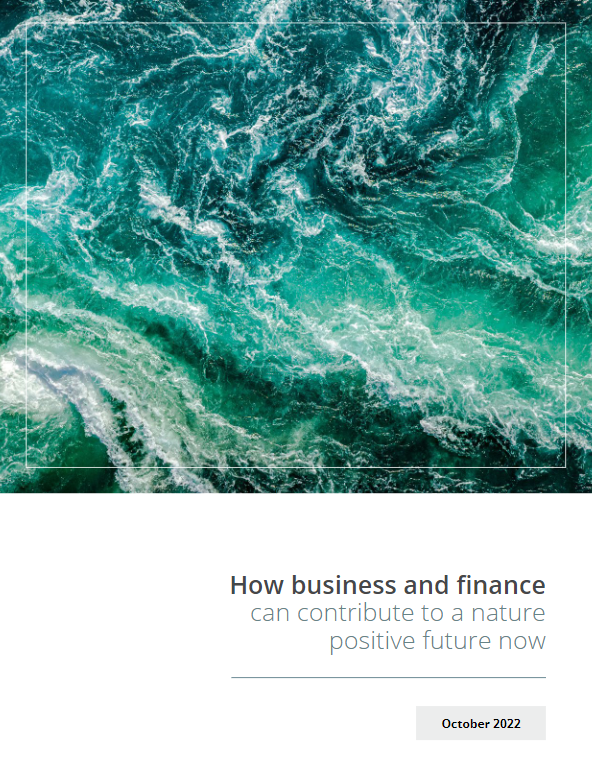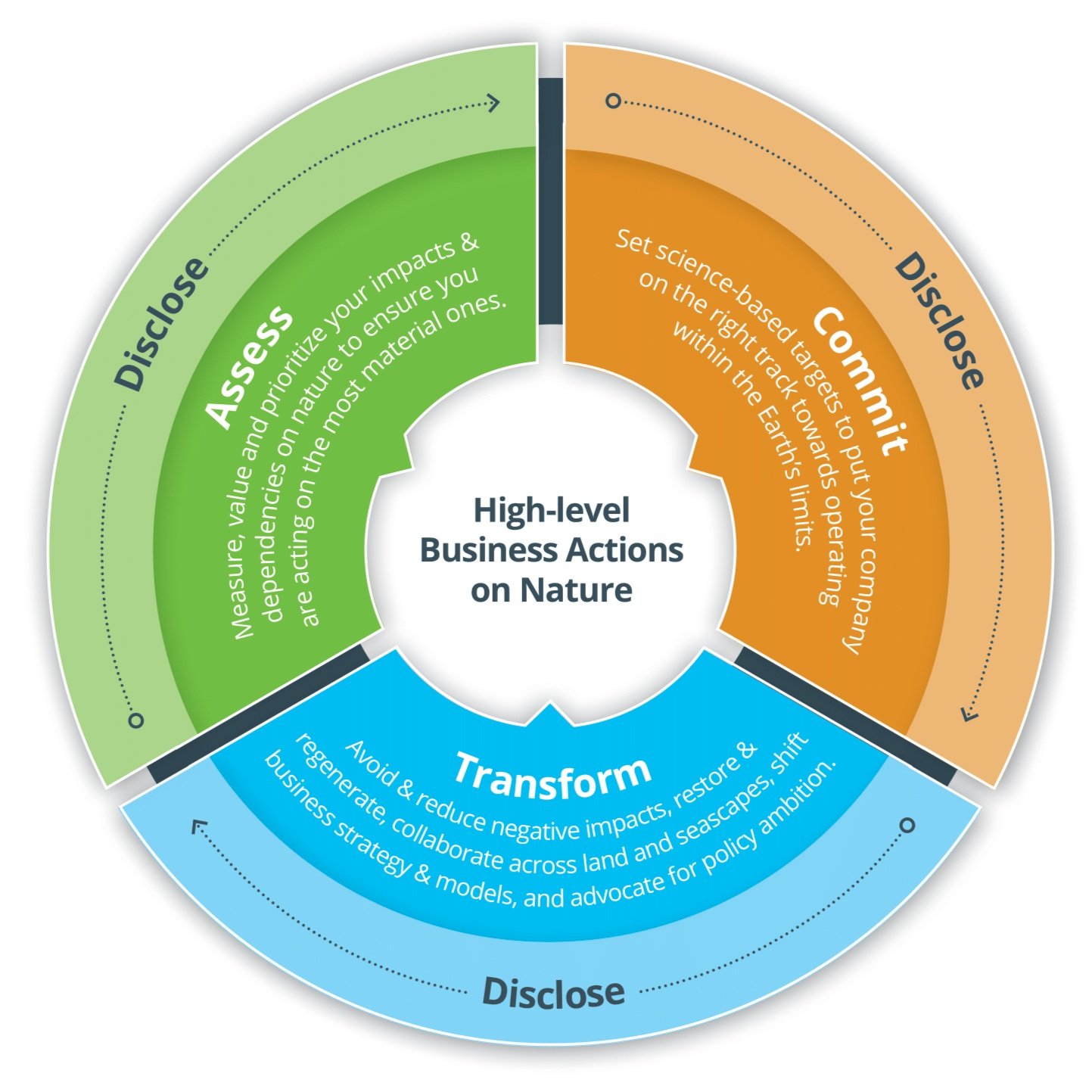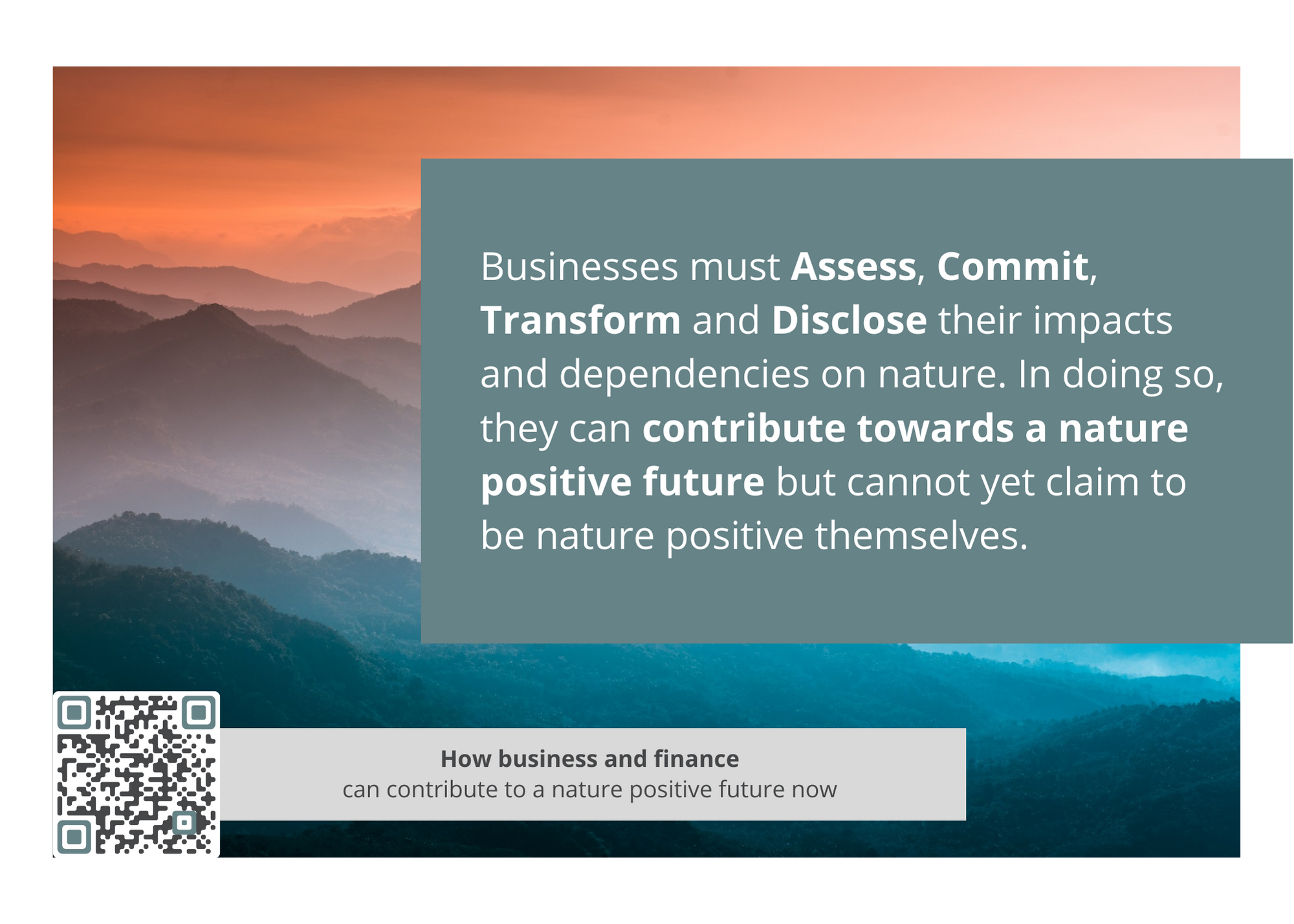How business and finance can contribute to a nature positive future now
Learn what nature positive means for companies and financial institutions.
Business for Nature launches its latest discussion paper “How business and finance can contribute to a nature positive future now”. This paper builds on ongoing efforts among leading organizations to showcase where there is convergence and clarity on what nature positive means for business and finance.
What is the debate around the term nature positive?
Nature underpins our collective survival and wellbeing by providing human development and equality, economic value and security, and increasing our resilience to climate change. Nature’s critical role has been increasingly recognized within the business and finance community in decision-making, from operations to value chains and investments.
Nature positive is a term that is quickly gaining traction, and there is agreement that it represents a “global goal to halt and reverse nature loss by 2030 with a view of full recovery by 2050”. Yet, how business can practically engage with the global goal remains the subject of debate and confusion.
Without broad alignment on what nature positive means for business and finance, how the term is interpreted, valued, and used continues to be contested, creating a risk of undermining the ability to drive meaningful change.
What does nature positive mean for business and finance?
This paper, published today and with input from a variety of organizations, highlights the need for urgent action from business and finance to rapidly reduce negative impacts across value chains and to redirect financial investments towards activities that restore and protect nature.
Individual companies and financial institutions must adopt strategies across all their spheres of influence to contribute to the shared goal of a nature positive planet by 2030.
Theoretically, if a business or financial institution contributes more towards restoring, regenerating and enhancing nature than towards harming it across their value chains and portfolios, they could be nature positive. However, achieving this in practice is not straight forward, highly unlikely and needs to be measured against strict spatially explicit criteria.
Businesses should, therefore, aim to be as comprehensive as possible in the actions they take to assess, commit, transform and disclose their impacts and dependencies on nature, and in doing so highlight their contributions towards a nature positive future rather than claiming to be nature positive themselves.
Financial institutions should also transform operations by engaging with their clients and re-orientating investments to support the urgent need to halt and reverse nature loss by 2030.
The urgency of today’s nature emergency demands that companies act immediately. They can learn and adjust their approach along the way as supporting regulations and methodologies evolve to provide more standardized guidance globally. What companies cannot do is hold back until the route ahead is clearly marked. By then, it will be too late.
Success will require practical, on-the-ground action from everyone: governments, business, finance and civil society. For these actions to be effective, however, strategic coordination and rigorous implementation are needed.
Acknowledgements
This discussion paper was led by Business for Nature.
Our work is generously funded by the Global Environment Facility, Porticus and the EU Commission, with the support of Conservation International as the GEF project implementation agency.
Collaborators and supporters of this paper include:
Accounting for Sustainability
Anthesis
Arcadis
Cambridge Institute for Sustainability Leadership (CISL)
Capitals Coalition
Climate Catalyst
Earth Watch
EFTEC
Fauna & Flora International
the Science Based Targets Network (SBTN)
Sustain Value
Systemiq
Task force on Nature-related Financial Disclosures (TNFD)
Textile Exchange
The Biodiversity Consultancy
UN Environment Programme World Conservation Monitoring Centre (UNEP-WCMC)
Union for Ethical BioTrade (UEBT)
UK Business and Biodiversity Forum
We Mean Business
Wildlife Habitat Council (WHC)
World Benchmarking Alliance
World Business Council for Sustainable Development (WBCSD)
World Economic Forum
WWF
If you have suggestions, questions or comments on this discussion paper, please write to Business for Nature: contact@businessfornature.org






